Why wouldn't someone buy weed from the legal market?
Description
Join a global effort to End The Drug War. Check out https://www.endthedrugwar.org and have a happy 4/20!
The War on Drugs paved the way for the United States to lay a domestic foundation for a massive and overwhelming system of oppression.
Launched in the United States by former President Richard Nixon in 1971, drug criminalization served as the catalyst for firing an international crusade, strong-arming other countries into criminalizing cannabis whether they wanted to or not.
In this interview with Aaron Bossett, Founder of the Black Cannabis Commission, we answer the following questions:
- Who is Harry J. Anslinger and why did he invent a new ‘public enemy’?
- What discovery helped to reignite the medical marijuana movement?
- How does the War on Drugs continue today, despite seeing an upward trend towards legalization?
- How does state legalization fail to address the harmful effects of the War on Drugs in minority communities?
#4/20 #WarOnDrugs #EndTheDrugWar
Directed, Written & Produced by Tim Hedberg
Co-produced by Noah Bradon and Ben Wade
Director of Photography Tylor Jones
Camera Operator Pete Souphasith
Grip, Audio & Drone Photography by Brett Wietecha
Special thanks to Aaron Varney and Dockside Cannabis in Seattle, WA
TRANSCRIPT SNIPPETS:
AARON: Why don't I participate in the legal market? Um, I do not agree with how the legal market is set up in the very beginning from the word go. It was never set up to address who it used to harm and who it still harms to this day.
TIM: I quickly learned that simple word legalization was a lot more complicated than I first thought. For most of human history, cannabis was legal and widely used across the world until the early 1900's when something started to go very wrong.
TIM: America's top prohibition cop, Harry Anslinger was named the head of the newly formed federal Bureau of narcotics.
TIM: With alcohol re-legalized, there weren't many bootleggers or speakeasies to go after. Cocaine and heroin didn't have enough users, so worried he'd be out of a job. Harry was looking to invent a new public enemy, an enemy that would give him an excuse to go after the two groups he hated the most. Addicts and ethnic minorities. In 1937 in the spirit of paternalistic alcohol prohibition, he invented a ban on what he dubbed marijuana.
TIM: Talk to me about the war on drugs (...). What does that mean to you?
AARON: War on drugs is a war on black men.
TIM: Legalization came with some strings attached, stopping the victims of the war on drugs from gaining entry into the newly formed marketplace. Written right into cannabis legislation. The war on drugs, wages on.
AARON: The first thing the state of Washington did was, you couldn't have a felony. Felony is code word for, if this was Jim Crow, no blacks allowed. You couldn't be married to a person with a felony. So then when could anybody in the black community get in? Because again, massive effects of the war on drugs. Then let's get past that part.
AARON: It was capital. You had to go through an IRS background check fingerprinting and they wanted to know where your money was. Well, who black, wasn't gonna get over scrutinized, right? Third one was land. There's no land for anybody to open up a business. We don't have uncles and aunts with lands, right? Like that doesn't exist because of red lining because of the systems that were set up in place. Right? So, okay. Felonies, which we know were created through policy, capital, which, you know, access to capital is controlled through policy. And then, land, which we know which controlled through policy. Let's pump the brakes on the three that we can see off top and go to the trauma. You were just chasing me down with SWAT gear, helicopters, tanks. But now you're telling me "Oh no, no, go ahead. You're good. You can get into the legal cannabis again." Who believes that, right?
TIM: The war on drugs never really was a war on drugs. It was always a war on people.
AARON: Legislation and policy created this situation. Legislation and policy has to fix this situation.
TIM: We can advocate for a fair system that ends the harmful ramifications of the war on drugs. That change starts with you. We have to remove the stigma around pot consumption, sales and cultivation.
FOLLOW US ON SOCIAL MEDIA:
https://www.facebook.com/LearnLiberty/
https://twitter.com/LearnLiberty
https://www.instagram.com/learnliberty/
LEARN LIBERTY:
Learn Liberty is an educational hub where you can explore the ideas of a free society. We look at the big questions about what makes a society prosper and how we can make the world a freer place for all. We don’t have all the answers - but we’ve got a lot of ideas. We work with professors from a range of backgrounds while giving them a platform to share their own opinions. In 2019, Learn Liberty was acquired by Students For Liberty from the Institute for Humane Studies. Learn more at https://www.learnliberty.org/

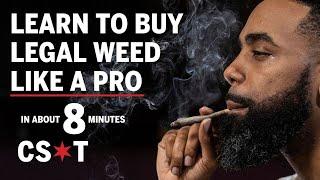
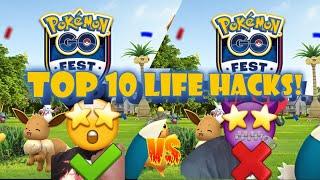
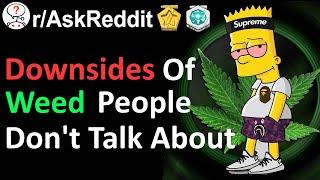
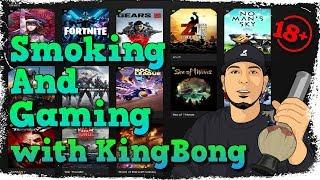
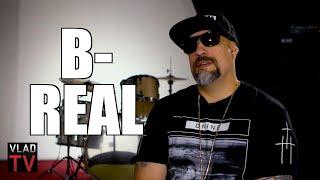
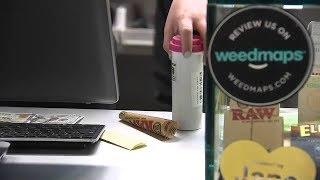
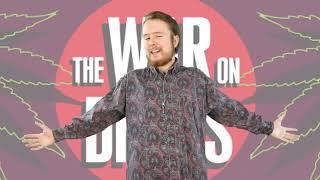

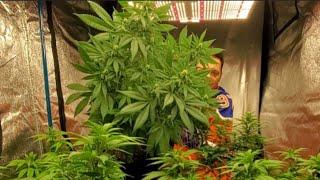

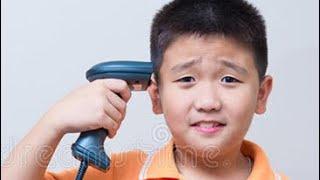
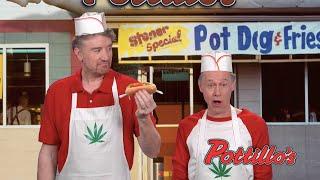
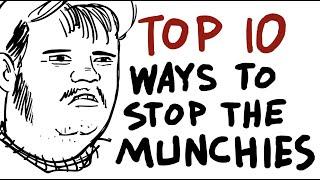

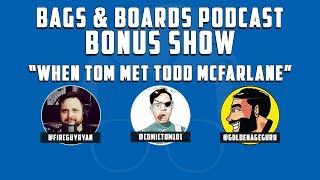

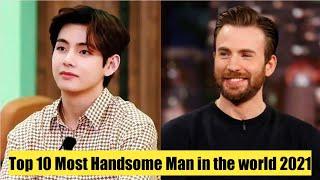



Comments